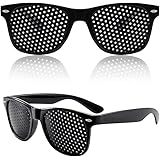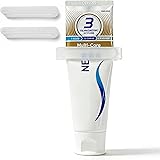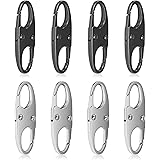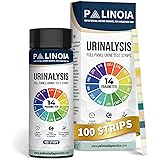As an Amazon Associate. We get small commissions for purchases made through affiliate links in this post at no extra cost to you. More info. Amazon Affiliate Disclaimer

Which to use Hot or Cold pack?
If you have pain or muscle spasm and you don’t know what to use to relieve that pain, hot pack or cold pack, then here are the most important tips and guidelines for you.
So what is the difference between using the cold pack and hot pack?
How to use and how long should the treatment of cold or hot pack last?
When to use heat or ice and when not to use?
Cold Vs Hot packs – What’s the difference?
There are some differences between the cold Vs Hot pack. But most commonly cold packs should be used for acute orthopedic injuries (less than 48-72 hour). As it could be used for chronic injuries such as overuse injuries like sprains and strains in athletes, but in this case, you should use cold pack just after performing activities or workouts to relief pain and decrease inflammation.
For the hot pack, it most commonly used in chronic cases not for acute cases, to relieve pain and loosen soft tissues like muscles and joints. As it usually been used before performing any activity or workouts to increase blood flow and for muscle relaxation to prevent injury.
This simple video is to explain the difference between the hot pack and cold pack.










